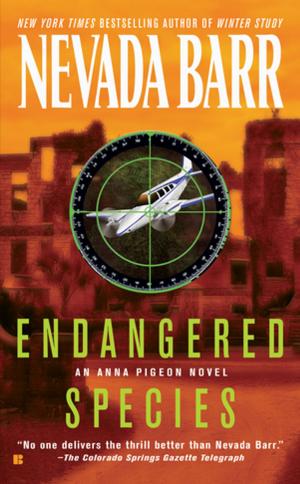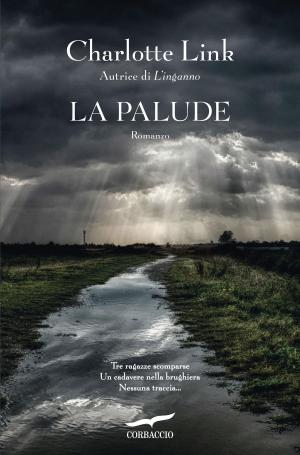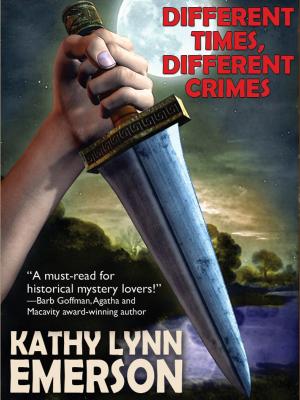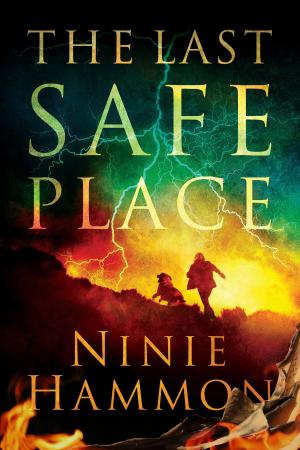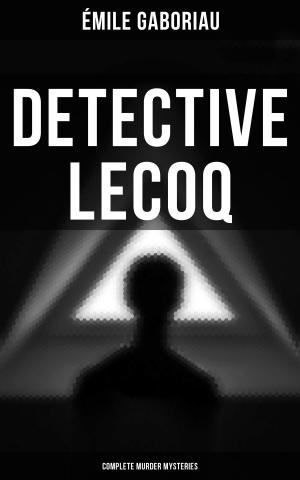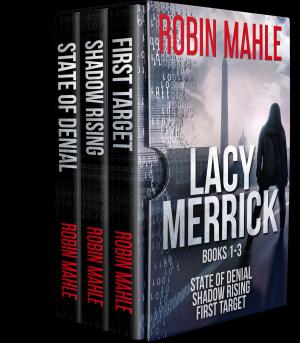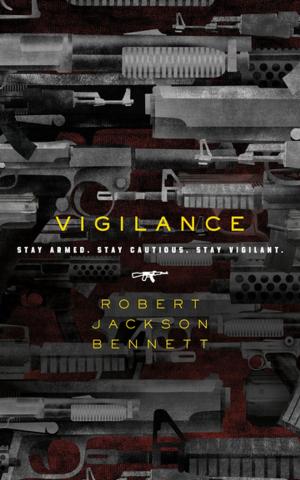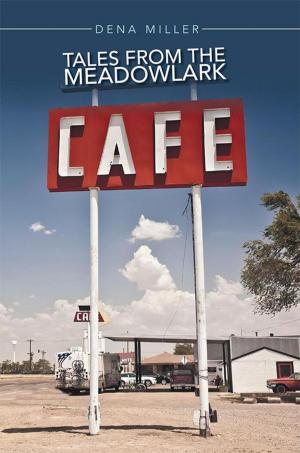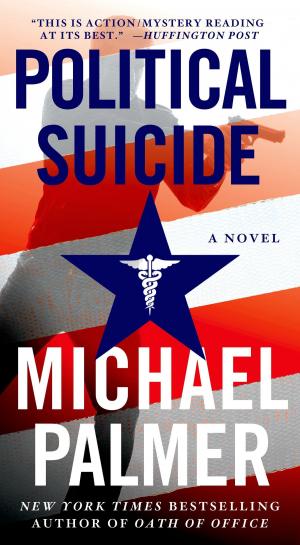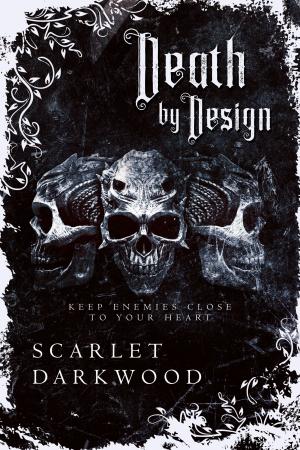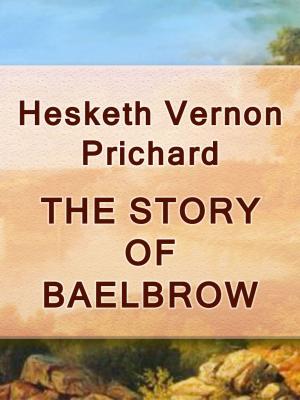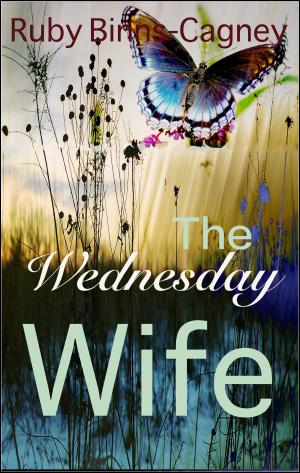| Author: | William A. Adams | ISBN: | 9780983717720 |
| Publisher: | William A. Adams | Publication: | June 15, 2011 |
| Imprint: | Smashwords Edition | Language: | English |
| Author: | William A. Adams |
| ISBN: | 9780983717720 |
| Publisher: | William A. Adams |
| Publication: | June 15, 2011 |
| Imprint: | Smashwords Edition |
| Language: | English |
I wrote these six stories from 2009 to 2011. I challenged myself to a limit of 3,000 words per story. Drawn from life experience then exaggerated, they deal with topics from mass murder to sci-fi. Most involve a crime, usually murder, no doubt an influence of membership in Arizona Mystery Writers.
I wrote Shooters soon after the tragedy in Tucson in which Congresswoman Gabriel Giffords was shot at a political meeting. The shooter was quickly captured but judged incompetent to stand trial. With this story I work through my frustration at knowing there is no easy way to defend against the lethal combination of mental illness and guns in our society.
Stone Cross is based on a misfortune that befell my next-door neighbors. The bewildered couple lost their foreclosed home and their dreams, and moved to a trailer near the city landfill. A year later, the bank sold the house for half the original mortgage amount to a young family with three kids.
The owner of a local brake shop was reluctant to answer questions about how to sabotage a brake system, information I needed for the central crime in Strictly an Accident. “Why do you want to do this?” he asked. “I don’t,” I assured him. “It’s just a story.” “Well,” he harrumphed, “I better not read about this in the Star.”
The Last Out is an attempt to find humor in an emotionally difficult episode while caring for elderly parents. I’m happy to report that Maggie was not really murdered. She recovered and she and Joe are back home now, leaning on each other, as before, to bravely face the challenges of aging.
Warm Spots is the longest story. When I cut it to 3000 words, I didn’t like the result, so I decided the “extra” thousand words were earning their keep. As far as I know, the method of planetary cooling I describe has not been tried, but the idea is theoretically sound and has been seriously proposed. I tried to develop strong characters for the story but found that explaining the technical stuff burned up a lot of my word count. Maybe that is just a hazard of writing sci-fi.
The final story, Waved Through, sprang from a lecture I attended by an arrogant judge. He said he enjoyed handing out maximum sentences and bragged about his reputation for being tough. I asked him why he believed in harsh punishment, and he gave a paternalistic-moralistic answer about forcing people to be accountable for their actions. I resolved to write a story about him, but in it, he was a two-dimensional caricature. I found it was a better story from the point of view of the defendants, rather than showing the harsh side of the judge. All that survives of the judge is the opening courtroom scene.
I wrote these six stories from 2009 to 2011. I challenged myself to a limit of 3,000 words per story. Drawn from life experience then exaggerated, they deal with topics from mass murder to sci-fi. Most involve a crime, usually murder, no doubt an influence of membership in Arizona Mystery Writers.
I wrote Shooters soon after the tragedy in Tucson in which Congresswoman Gabriel Giffords was shot at a political meeting. The shooter was quickly captured but judged incompetent to stand trial. With this story I work through my frustration at knowing there is no easy way to defend against the lethal combination of mental illness and guns in our society.
Stone Cross is based on a misfortune that befell my next-door neighbors. The bewildered couple lost their foreclosed home and their dreams, and moved to a trailer near the city landfill. A year later, the bank sold the house for half the original mortgage amount to a young family with three kids.
The owner of a local brake shop was reluctant to answer questions about how to sabotage a brake system, information I needed for the central crime in Strictly an Accident. “Why do you want to do this?” he asked. “I don’t,” I assured him. “It’s just a story.” “Well,” he harrumphed, “I better not read about this in the Star.”
The Last Out is an attempt to find humor in an emotionally difficult episode while caring for elderly parents. I’m happy to report that Maggie was not really murdered. She recovered and she and Joe are back home now, leaning on each other, as before, to bravely face the challenges of aging.
Warm Spots is the longest story. When I cut it to 3000 words, I didn’t like the result, so I decided the “extra” thousand words were earning their keep. As far as I know, the method of planetary cooling I describe has not been tried, but the idea is theoretically sound and has been seriously proposed. I tried to develop strong characters for the story but found that explaining the technical stuff burned up a lot of my word count. Maybe that is just a hazard of writing sci-fi.
The final story, Waved Through, sprang from a lecture I attended by an arrogant judge. He said he enjoyed handing out maximum sentences and bragged about his reputation for being tough. I asked him why he believed in harsh punishment, and he gave a paternalistic-moralistic answer about forcing people to be accountable for their actions. I resolved to write a story about him, but in it, he was a two-dimensional caricature. I found it was a better story from the point of view of the defendants, rather than showing the harsh side of the judge. All that survives of the judge is the opening courtroom scene.

